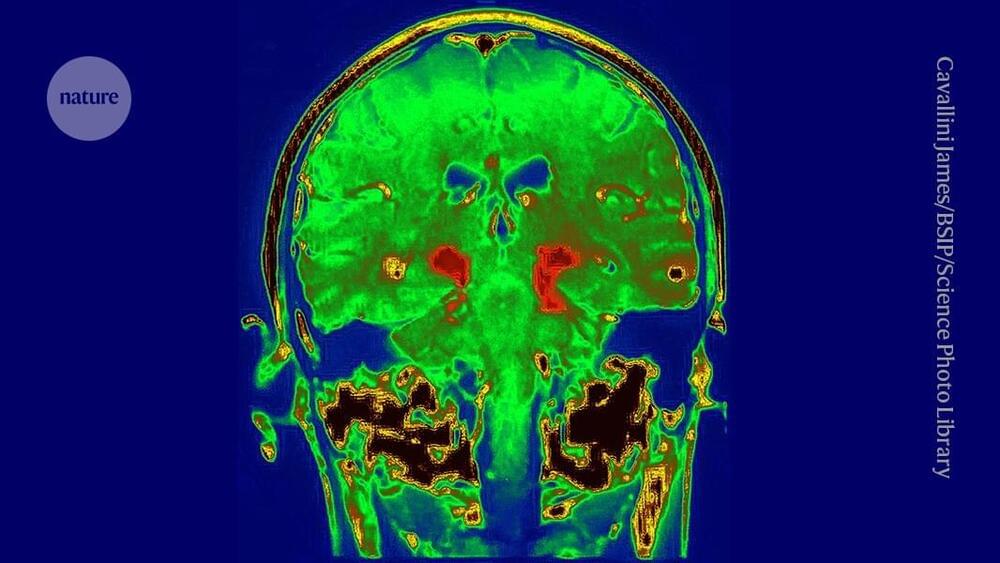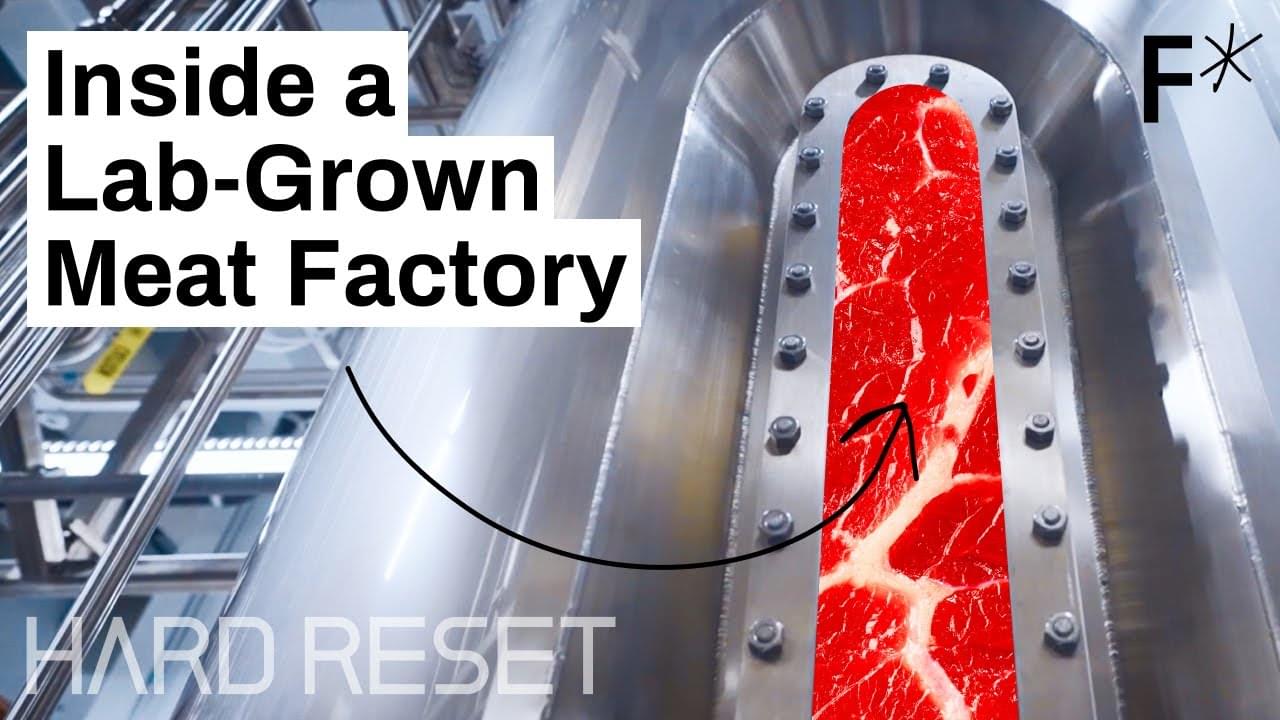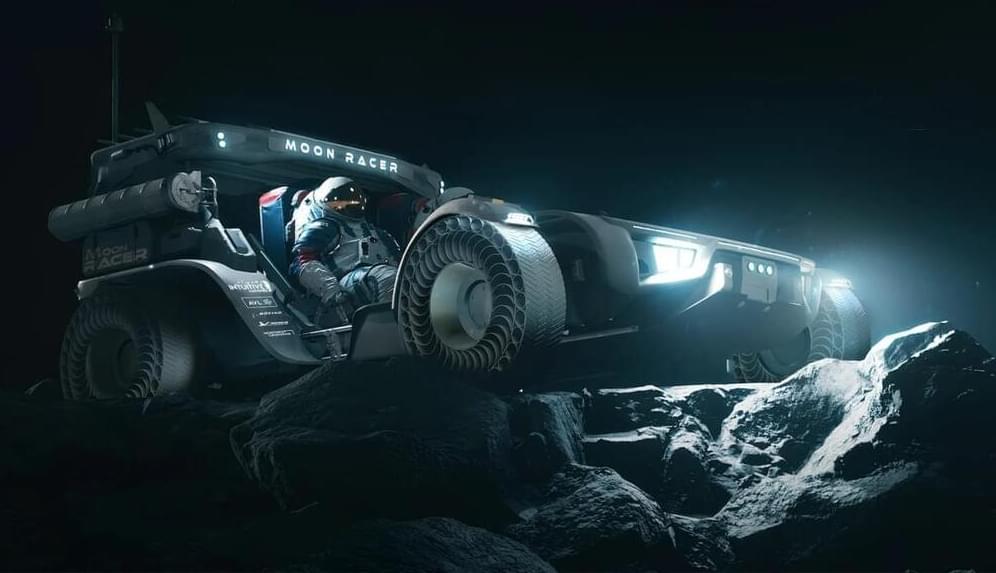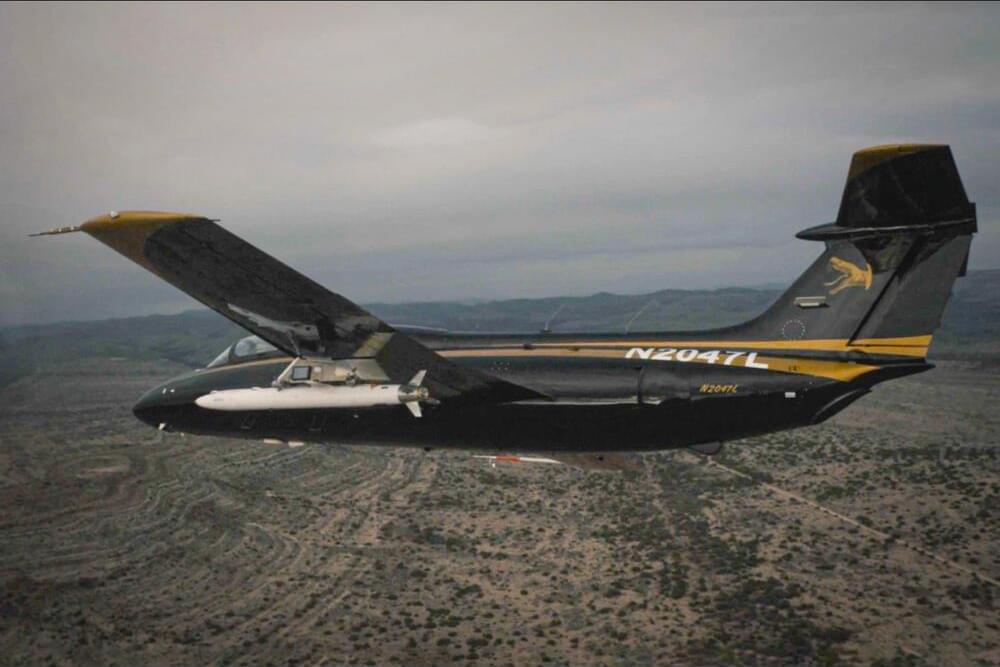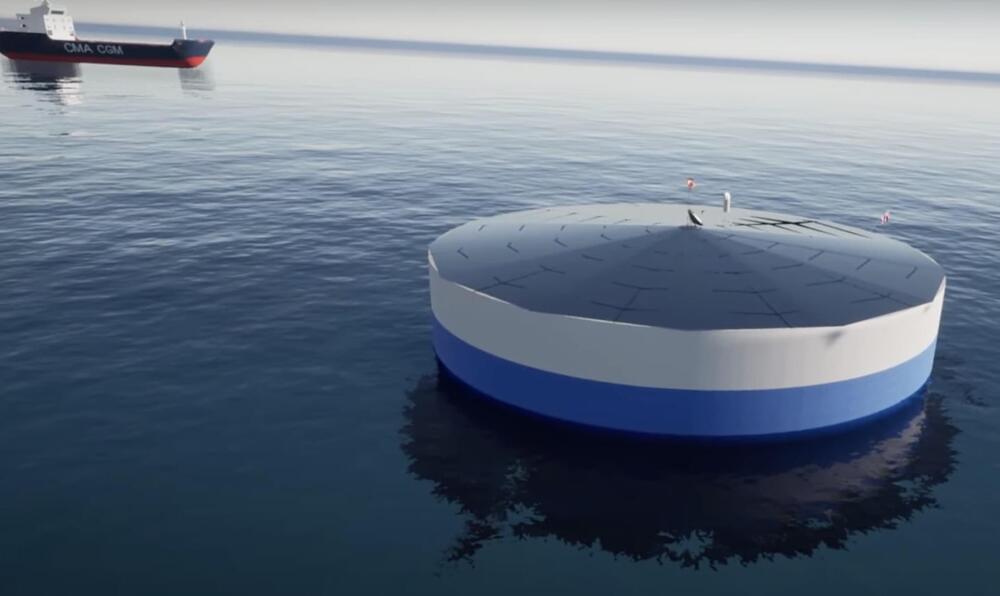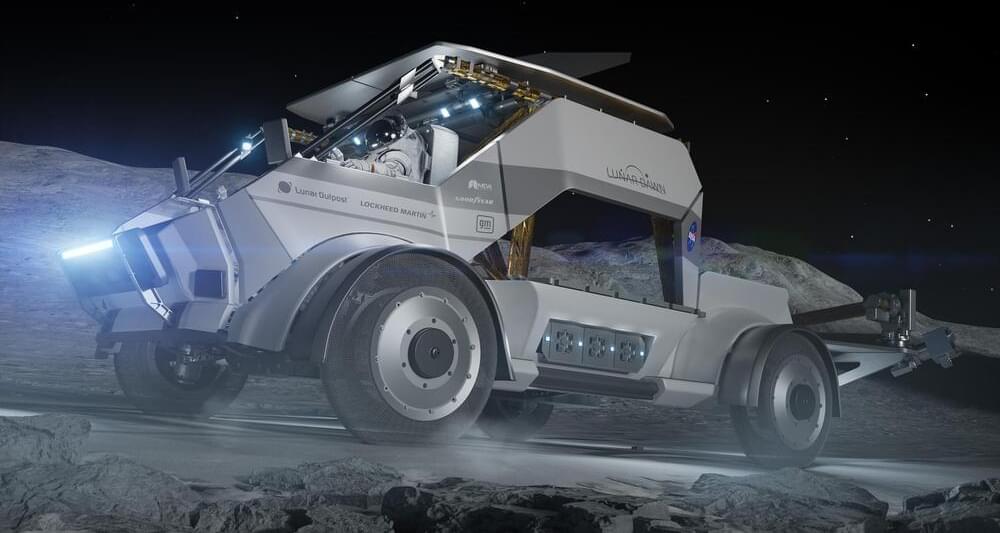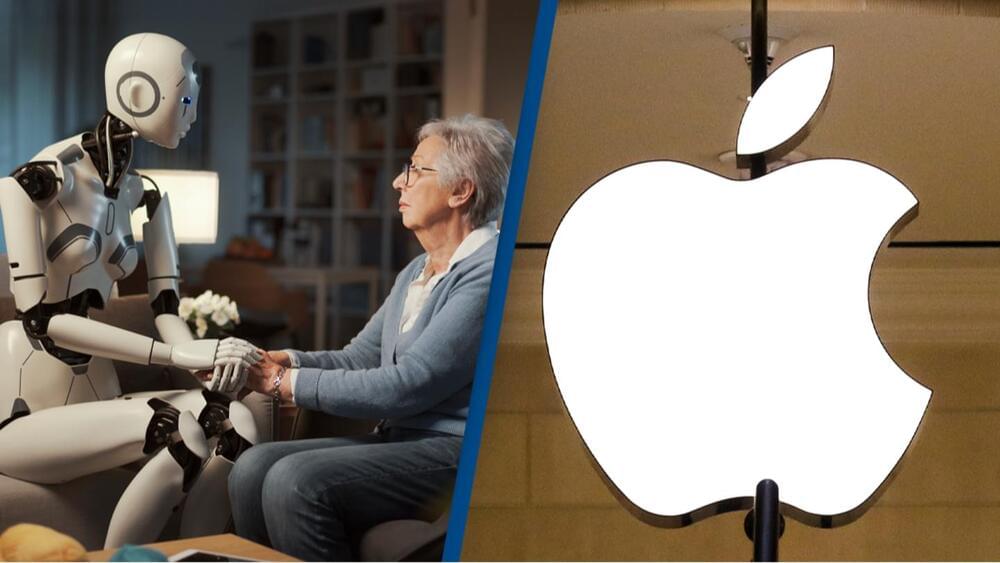Many of us have seen photos of and read stories about robots working on the production floor in factories, speeding up old-school assembly lines to build products more quickly. And while the robotics trend in manufacturing is continuing to grow, that’s not the only way technology (including artificial intelligence) and automation are impacting the industry.
From enhancing worker safety to more efficiently moving goods and materials from point A to point B, automation is making its mark on the manufacturing industry, and tech experts expect even more changes and improvements in the near future. Below, 17 members of Forbes Technology Council discuss specific manufacturing tasks that are (or soon will be) handled more efficiently, safely and productively by technology and automation.

